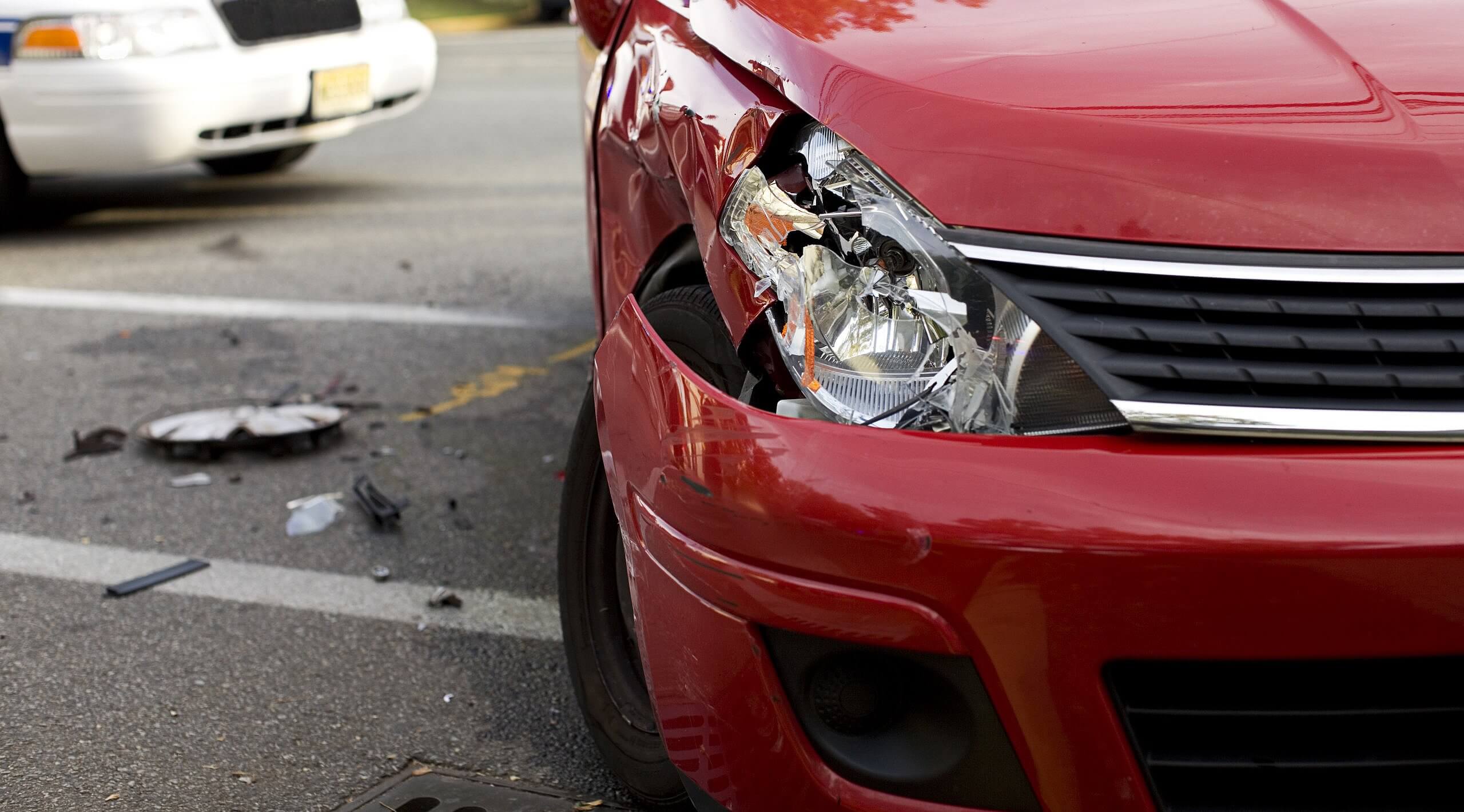Being injured in a car accident can be scary, to say the least. In addition to the health concerns and worries that come along with such injuries, you may be faced with serious financial concerns. After all, being injured can have more than just an impact on your health and well-being, but it can also be incredibly expensive. The costs of medical treatments are at all-time highs and the bills can pile up quickly. On top of that, you may have missed work and lost wages as a result. You may not be able to work the same job and may have to take a pay cut or reduce your hours to accommodate your injuries. All of this can compound into serious financial pressures.
Fortunately, you may be able to seek monetary compensation for your losses through a personal injury claim. Bringing a claim against the at-fault driver allows you to pursue compensation for the harm you have suffered as a result of the accident that they caused. What can be disheartening, however, is when an at-fault driver does not have the insurance coverage necessary to adequately cover your losses. In some cases, there may be other avenues for recovery. Depending on the circumstances, you may be able to hold the at-fault driver’s employer vicariously liable for the harm you have suffered.
Vicarious Liability and Car Accidents
In Pennsylvania, an employer may be held liable for injuries that an employee has inflicted on others under certain circumstances. This is referred to as “respondeat superior,” or “vicarious liability.” It explains a legal concept when liability can be extended beyond the party who directly caused the harm in the first place.
With vicarious liability, liability can attach to an employer even if the employer did not play a role in the employee’s negligent conduct that caused the accident in the first place. Part of the reasoning behind vicarious liability is that employers have the resources to be proactive in helping to ensure their employees have safe practices. They have the resources to promote and enforce positive change. Thus, the fact that vicarious liability exists is meant to encourage employers to make solid investments in safety training and to take the time to ensure they hire responsible individuals. It also acts as a means of helping to get plaintiffs properly compensated for their injuries in an accident as an employer is more likely to have the financial resources in place to cover such costs.
In order for vicarious liability to apply, however, a plaintiff needs to be able to demonstrate that the damages they suffered were caused by an employee acting within the course and scope of employment. Understanding and defining the course and scope of employment, however, can be more difficult than one would initially think. In general, conduct that will fall within the course and scope of employment will include that which they were employed to perform or conduct engaged in to serve the interests of the employer. Furthermore, conduct expressly or implicitly authorized by their employer will be considered as falling within the scope and course of employment for vicarious liability purposes.
Philadelphia Personal Injury Attorneys
The pressure to pursue a personal injury claim and get the compensation you deserve after an accident can be intense. Let the team at Cooper, Schall & Levy take over this burden so that you can focus on your health and recovery. We’ve got this. Contact us today.


